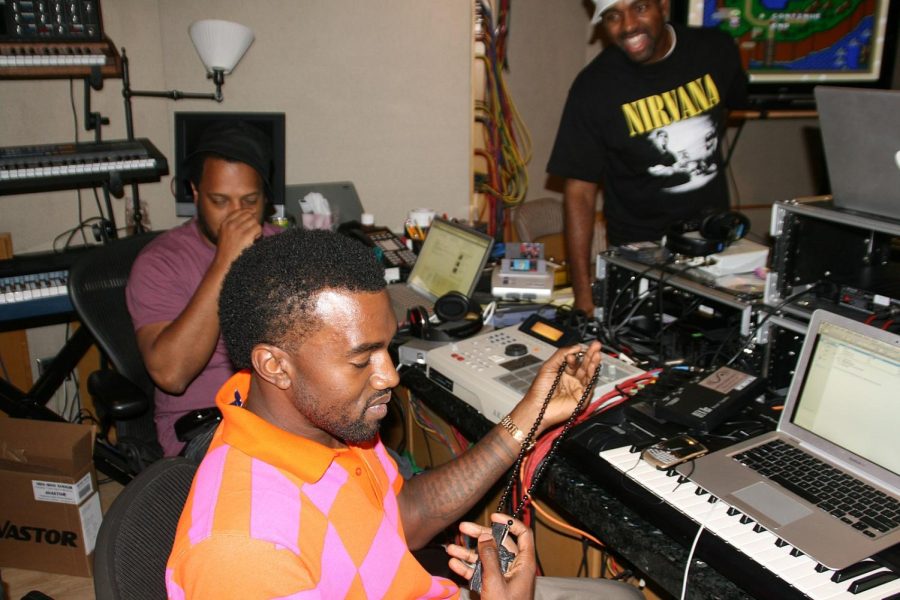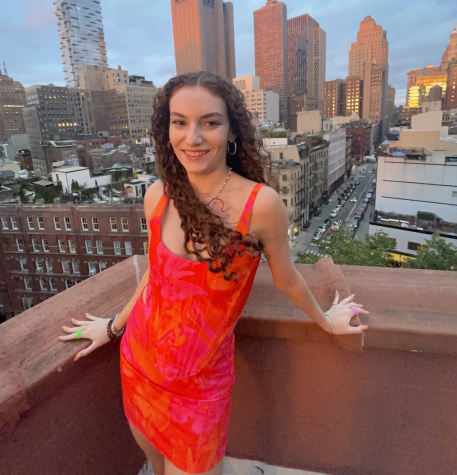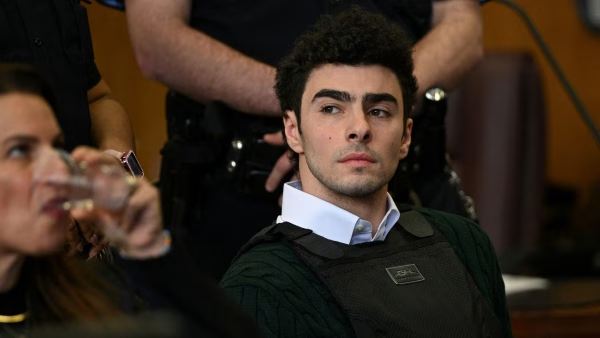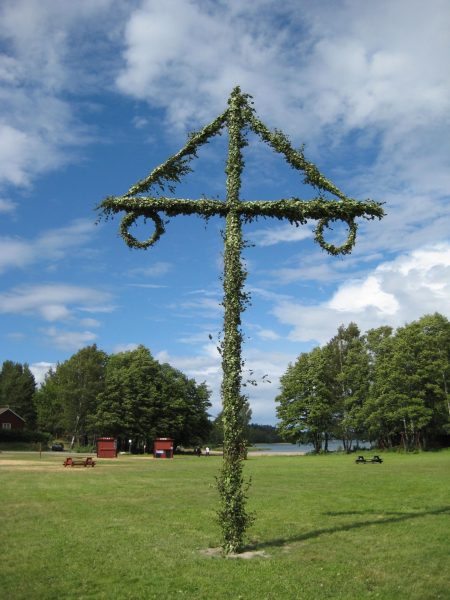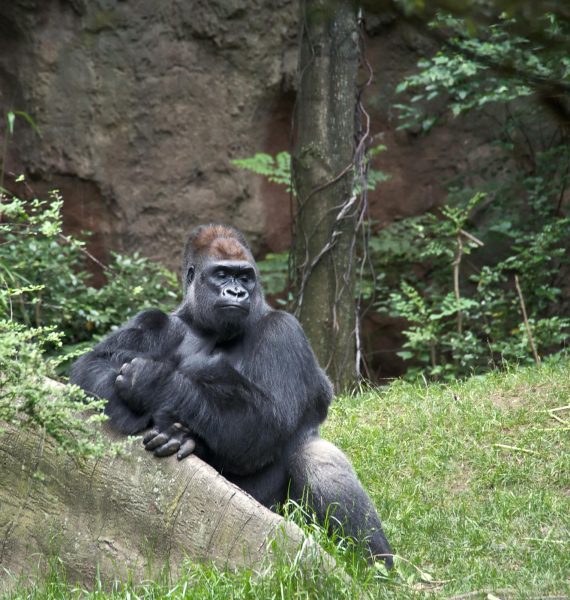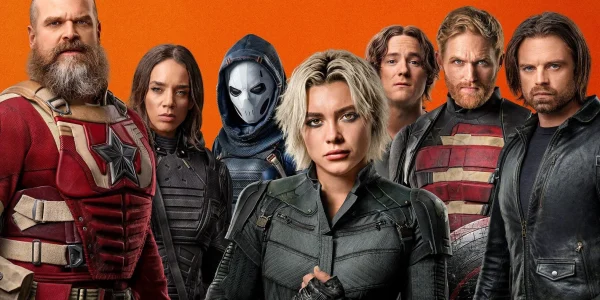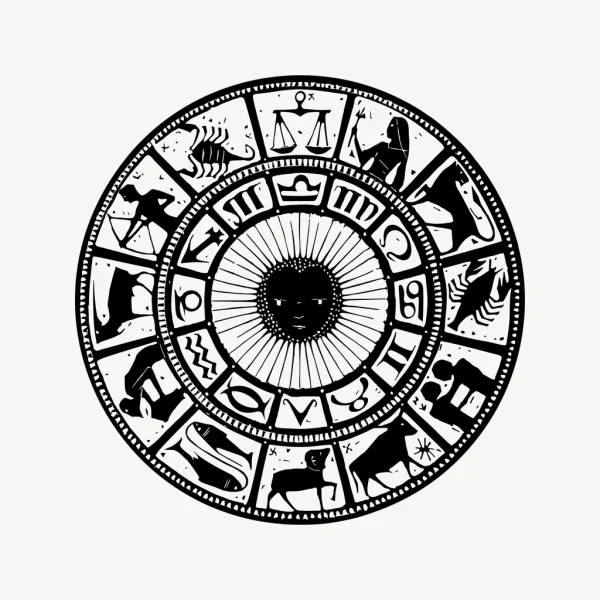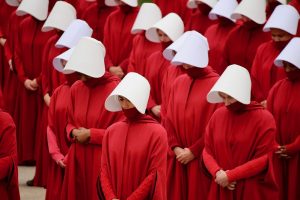I miss the old Kanye
October 6, 2022
What defines something as art? Art has become so subjective at this point, but a working definition that has stuck is this: true art is meant to elicit reaction. As bloated as it sounds, art should make you feel something, even if that reaction is immediate disgust and shock. However, a white supremacist motto screen-printed across a long sleeve sweatshirt is definitely not considered art, as much as someone might attempt to convince you. Even if it’s Kanye West. Especially if it’s Kanye West.
In the past, West’s actions have been excused as minor quips; even I have fallen victim to chalking his jests up as part of the grander Ye archetype as memeable bits. The excuse of his antics as part of an artistic scheme cannot continue much longer, especially if it falls into the realm of hate speech and hanging out with a charlatan like Candace Owens, who has openly decried Black Lives Matter, is doubtful of the impact of climate change and maintains that Ukraine didn’t exist until 1989.
Only one day before chaos ensued, West was praised for opening the latest Balenciaga show at Paris Fashion Week, albeit looking like a brutalist Roblox character. This recognition was short-lived, though, as at the YZY SZN 9 show, he debuted the already infamous shirt with the words “WHITE LIVES MATTER” sprawled across the back. Several models of the show, like Selah Marley, daughter of Lauryn Hill and Rohan Marley, were also pictured in the shirt, the latter who gave “deep thought and intention” to her decision.
The effect of the shirt, posted by Owens on Twitter, rippled out into West calling Black Lives Matter a “scam,” instigating a cyber assault on Vogue editor Gabriella Karefa Johnson and, in his attempt to villainize the public for not siding with him in the affair, bringing his children into the story by claiming the public was responsible for the reasons he doesn’t see them often.
West tries to deindividuate himself from controversy without masking himself; he clearly shows, even wants us to know, that it is him making these statements and not a publicist or the media. He has burned nearly every bridge possible now, with Tremaine Emory claiming on Instagram that West was not invited to Virgil Abloh’s funeral, the late designer who appeared to be a confidant and brother to him. His once-fortified castle is now a house of cards, on the brink of collapse.
West constantly teeters on the edge of tarnishing a trailblazing legacy with this alignment and adoption of hate speech as contrarian art. He is verging into the kind of territory that will maintain his position in the cultural and musical canon regardless, but his name will have a heavy asterisk next to it. West had already cemented himself as a 21st-century icon, but he seems willing to do anything to stay relevant, no matter what it does to his image, family or psyche.
But what happened to the West that condemned George W. Bush’s response to Hurricane Katrina with a simple seven-word utterance? Somehow, one feels nostalgic for when the worst thing he had ever done was interrupt Taylor Swift on stage. So much of West in the last few years has been characterized by gratuitous, extemporaneous and confused anger that it has risked manipulating how we perceive his early discography and career. Cheap gags about his near-death experience on “Eazy” border on a disappointing and despairing listen of “Through the Wire.” Fondness is substituted by bitterness for his and JAY-Z’s “Watch the Throne” or any of his collaborations with Kid Cudi. Ye’s first lyrics on “So Appalled” is angering, to say the least, for what he became an accessory to in 2016 and onward.
And sure, this latest marketing scheme will be forgotten in a week, as did his naming Harriet Tubman as a con-abolitionist or his declaration that “slavery was a choice,” but it brings into question how responsible we as the public is for condoning and humoring him. There is no way that a Kanye West headline will ever go out of style, but I can’t help feeling that I am contributing to this mess by writing about him, though a complete negation of conversation doesn’t solve this problem either. Extinguishing his fiery ignorance and our loyal obedience is unattainable, so there is no solution.
Kanye West’s hamartia has always been his deep craving for attention at all costs. Our hamartia as his audience, though, is that we empathize with him because he is just as human as the rest of us. He has experienced loss and grief in his mother’s death and recent divorce. He has been open about his struggles with mental health. He isn’t some transcendental unemotional being; he is just like everyone else. But if West was a political figure (a legitimate one with substantial power, at least), these moments wouldn’t be treated so carelessly. The point in which his behavior should be tolerated, since it’s no longer enjoyed, must be determined before he makes another outlandish and inexcusable statement disguised as art.

